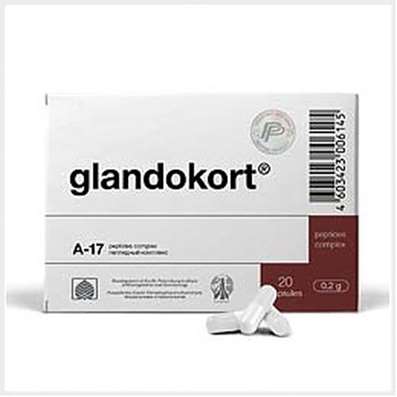Antibiotics
29 Oct 2016
The biologist Dr. Doping tells about the history of the discovery of substance, antibiotic resistance, and the end of medicine. What is the history of the discovery of antibiotics? Why antibiotics are no longer effective? And what are the different methods of combating microorganisms resistant to antibiotics?
In 1928, English scientist Alexander Fleming forgot cup inoculated culture is moldy, and found Penicillium mold fungi secrete a substance, destructive bacteria. On this basis and based search for antibiotics, which will operate the most detrimental to certain microorganisms, especially pathogens. Antibiotics in the modern sense - it is a small-molecule biological standards that distinguish different organisms. This was first discovered by the example of molds, later it revealed that antibiotics are selected and fungi and other bacteria, and plants and animals This semi-preventative measure that the body uses to gain a niche in the environmental community, and scare off their opponents.
Concept antibiotics ruined no medical use, and the fact that synthesize them become cheap and they began to actively use in agriculture. Antibiotics are used for disease prevention, pollination stalls, chicken houses, it all fell into the water b ground, it turned out that to adapt to the constant presence of antibiotics are not only bacteria, against which they are used in medicine, but also completely harmless microbes that live in environment. They are opportunistic. Suppose for a healthy person these organisms do not pose any particular risk, but by interacting with the body, which has weakened the immune system in hospitals, maternity hospitals, nursing homes, burn centers, they grow with terrible force.
To support you organism just take Complex of cytamins for the immune system, Peptide Bonomarlot.
Features antibiotics are far from exhausted. Under the current system of certification of the drug, which takes many years and costs hundreds of millions of dollars, is on the shoulder only to large companies, and, of course, companies are counting on those medicines which will have stable sales. In recent decades, the pharmacological industry is increasingly focused on stabilization of chronic diseases. For example, drugs against blood pressure or nerve disorders, there are more than tuberculosis, but tuberculosis - a much more serious and widespread social phenomenon, but it is a disease of the poor.

 Cart
Cart





